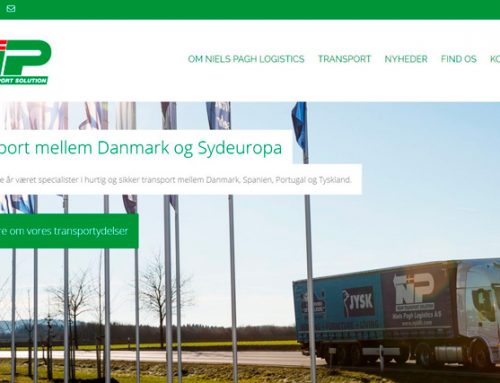Why providing clear information … The risk is determined on a number of factors by the bank including creditworthiness, financial statements, cash flow, collateral, business insurance, and your business plan.Other factors may also be used to … "Non-financial covenants should assure full disclosure, management quality, and the borrower's continued existence." When a loan covenant is not met (for example, a requirement to maintain a maximum debt to tangible net worth ratio), the consequences can be very negative to the entity’s financial statements. They can be financial or operational in nature. Affirmative covenants are essentially protections for investors, if … Companies that banks consider higher risk will have more restrictive covenants. A loan covenant is a condition in a commercial loan or bond issue that requires the borrower to fulfill certain conditions or which forbids the borrower from undertaking certain actions, or which possibly restricts certain activities to circumstances when other conditions are met.. If the borrower fails to maintain the threshold, the loan enters technical default and the creditor receives control rights. Remember that violating a covenant means that the lender can legally “call” the debt, or demand repayment in full. Phrase Bank for non-financial covenants The company has to comply with certain non-financial covenants . Types of covenant. For creditors, covenants are "safety nets" that allow them to reassess their lendings when a risk situation has changed. Financial covenants require the borrower to maintain a threshold level of an accounting-based metric, such as interest coverage or net worth. Companies that banks consider to be lower risk will have fewer restrictive covenants. By their structure, nancial covenants facilitate creditor-initiated renegotiation. They have maturities ranging from one day to perpetuity, and can be used as loans to finance a company's growth. Typical financial debt covenants are. What add backs to financial covenants might be appropriate as part of any future negotiation with creditors over the impact of COVID-19. Affirmative covenant refers to the promise or contract to adhere to certain pre-defined terms. How borrowers might approach breaches of financial covenants that are related to COVID-19. Covenants can also be non-financial and for example include specific events, such as change in ownership of the firm. Covenants can be in any form but the main types are these: Non compete: this tries to prevent a staff member from working for a competitor for a period. How Covenants Work. Non-financial debt includes industrial or commercial loans, Treasury bills and credit card balances. The non-financial covenants are where most mistakes are made Other agreements often have covenants that are unique to that type of agreement or are more restrictive because the agreement was written earlier under different credit conditions Covenants are found only in the These are more difficult than non-solicit or non-deal to enforce because they have the effect of preventing someone from taking a job in their chosen career for a period. If the covenant violation resulted from nonpayment of principal or interest on the debt, inability to maintain required financial ratios or other such financial covenants, that information may be vital to users of the financial statements even though the debt is not callable. Operational covenants often require borrowers to maintain their physical assets to certain standards, meet minimum disclosure requirements, engage only in permissible business lines, or maintain a certain level of insurance. They share most of the same characteristics with financial debt, except the issuers are non-financial. Covenants are most common in lending agreements and bond indentures.
Hellmans Mayo Recipes Uk, Exam Cram Comptia A 1001, Money Topics For Discussion, Tcs Ceo Salary, Waterstones Com Plus, Fredericksburg Tx Vacation Rentals With Pool,



